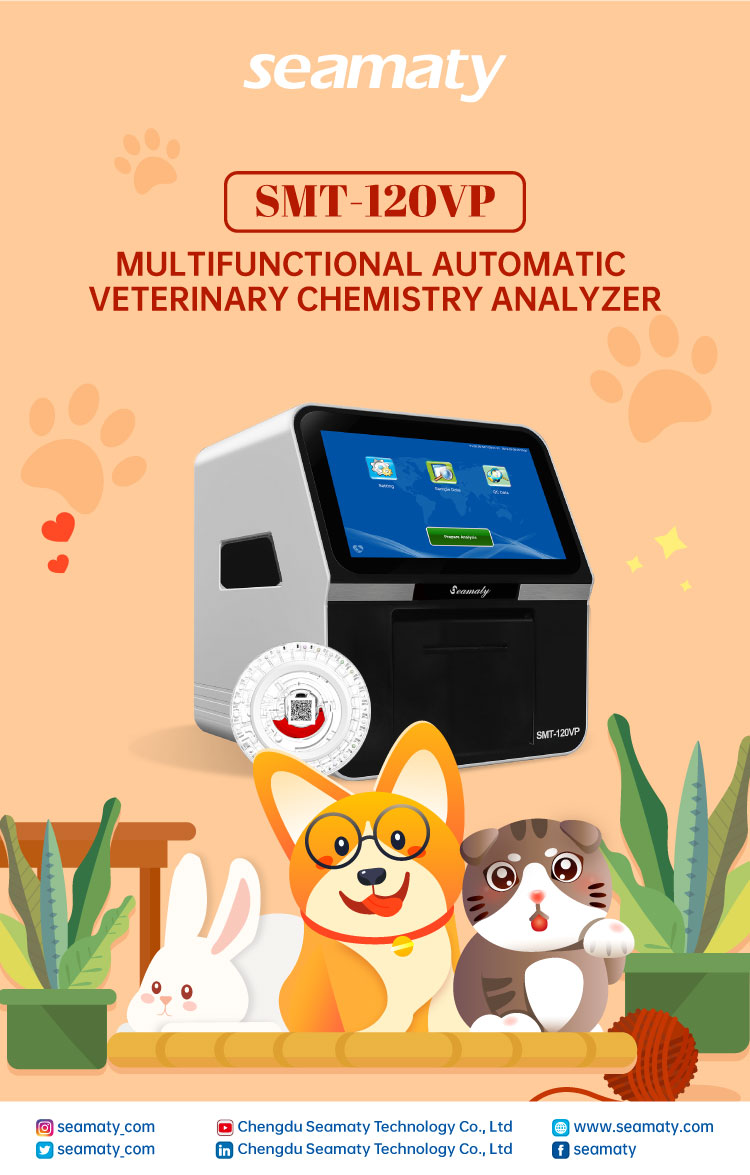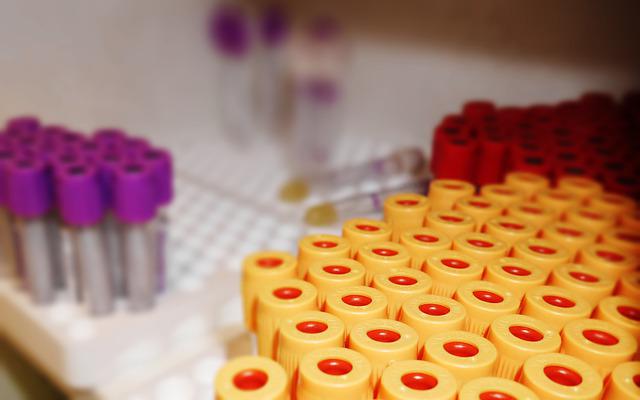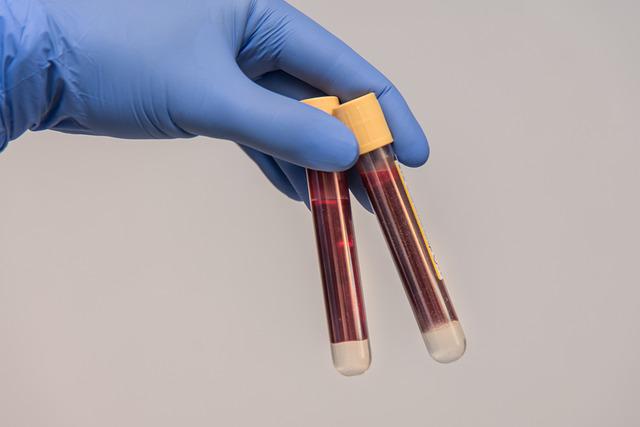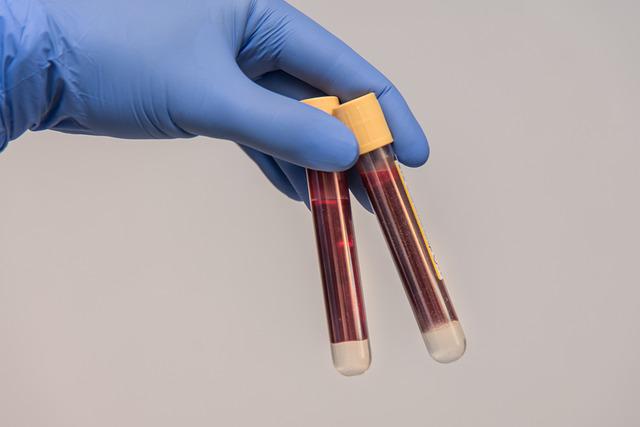release time:2023-07-10 09:51:51
Coagulation testing plays a crucial role in assessing the health of animals. It not only aids in evaluating clotting function before pet surgeries but also helps prevent conditions like Cerebral Venous Sinus Thrombosis (CVST) and Myocardial Infarction (MI). Understanding the significance of coagulation tests can assist veterinary professionals in providing comprehensive care for their animal patients.
Coagulation is a complex process that involves a series of events leading to the formation of a clot. This mechanism evolved in mammals to control blood loss after an injury and maintain blood fluidity within the body's vessels.
Coagulation tests find utility in senior pets' wellness examinations, enabling veterinarians to monitor oral anticoagulant therapies effectively. Additionally, these tests help in the prevention of thrombosis, a condition characterized by abnormal clot formation within blood vessels.
Surgery often entails the disruption of healthy tissues, leading to inevitable bleeding. However, if there is an underlying abnormality in the blood clotting function, excessive blood loss can occur. Conducting coagulation tests before operations helps identify such issues, allowing veterinarians to take appropriate precautions and ensure safer procedures.
Observing symptoms like purpura (purple spots on the skin), bleeding gums, hemorrhages from the mucous membranes of the mouth and nose, black feces, and poorly clotted wounds can indicate inadequate blood clotting. Coagulation tests aid in diagnosing the underlying causes of these symptoms, enabling timely intervention.
Various conditions can impair the coagulation process, such as liver disease, blood disorders, and bone marrow disorders. For instance, feline distemper and canine microcephaly can lead to bone marrow suppression and inadequate platelet production, resulting in compromised blood clotting. Coagulation tests assist in identifying such organ-related coagulation issues, facilitating appropriate treatment.
Certain diseases like pancreatitis, heat stroke, and poisoning can affect blood clotting function as well. Severe pancreatitis, for example, can lead to disseminated intravascular coagulation (DIC), a complex disorder characterized by abnormal clotting throughout the body. Coagulation tests are valuable in diagnosing DIC and guiding the appropriate management of affected animals.
Veterinary clinics typically evaluate coagulation through four parameters: Prothrombin Time (PT), Thrombin Time (TT), Activated Partial Thromboplastin Time (APTT), and Fibrinogen (Fib). These parameters offer valuable insights into an animal's coagulation function, aiding in diagnosis and treatment planning.
To enhance the quality of care provided to both partners and customers, Seamaty R&D has developed a new reagent for pets' coagulation tests: 4 Coagulation Parameters. This reagent has wide-ranging applications in clinics and is frequently used to assess animals' blood coagulation function before surgical procedures, as well as for poisoning and parvovirus testing. The test results can be conveniently obtained and printed automatically using the SMT120VP Vet Chemistry Analyzer. These advancements ensure that the coagulation test remains an indispensable component of comprehensive pet health assessments.
Coagulation testing holds significant importance in assessing animal health. By evaluating clotting function, veterinarians can effectively diagnose and manage various conditions, prevent complications during surgeries, and identify underlying diseases affecting coagulation. Understanding the role of coagulation tests allows veterinary professionals to provide optimal care for their animal patients, promoting their overall well-being.


2022-07-22
Biochemical diagnosis refers to the diagnostic method that involves enzyme reaction or antigen and antibody reaction, mainly used to determine biochemical indicators such as enzymes, sugars, lipids, proteins and non-protein nitrogen, inorganic elements, functional indicators or proteins.

2021-11-22
1. Hemolysis: Hemolysis is one of the most common interfering factors in clinical biochemical tests. Hemolysis is the rupture of red blood cells in the blood. The contents of the red blood cells enter the serum. As a result, the concentration or activity of the biochemical test substance is affected.

2021-11-22
Common sample abnormalities in clinical laboratory medicine include hemolysis, lipemia and jaundice, and of course veterinary clinics are no exception. The overindulgence of pets has led to an imbalance in food intake, resulting in an increase in the number of pets with hyperlipidemia. Also, many of the pets that require biochemical testing are emergency cases. They do not undergo a 12-hour food evacuation period. Others undergo biochemical testing after intravenous injection of fat milk. These are some of the conditions that lead to an increased likelihood of lipemia in pet samples. Here we will learn more about lipemia samples.